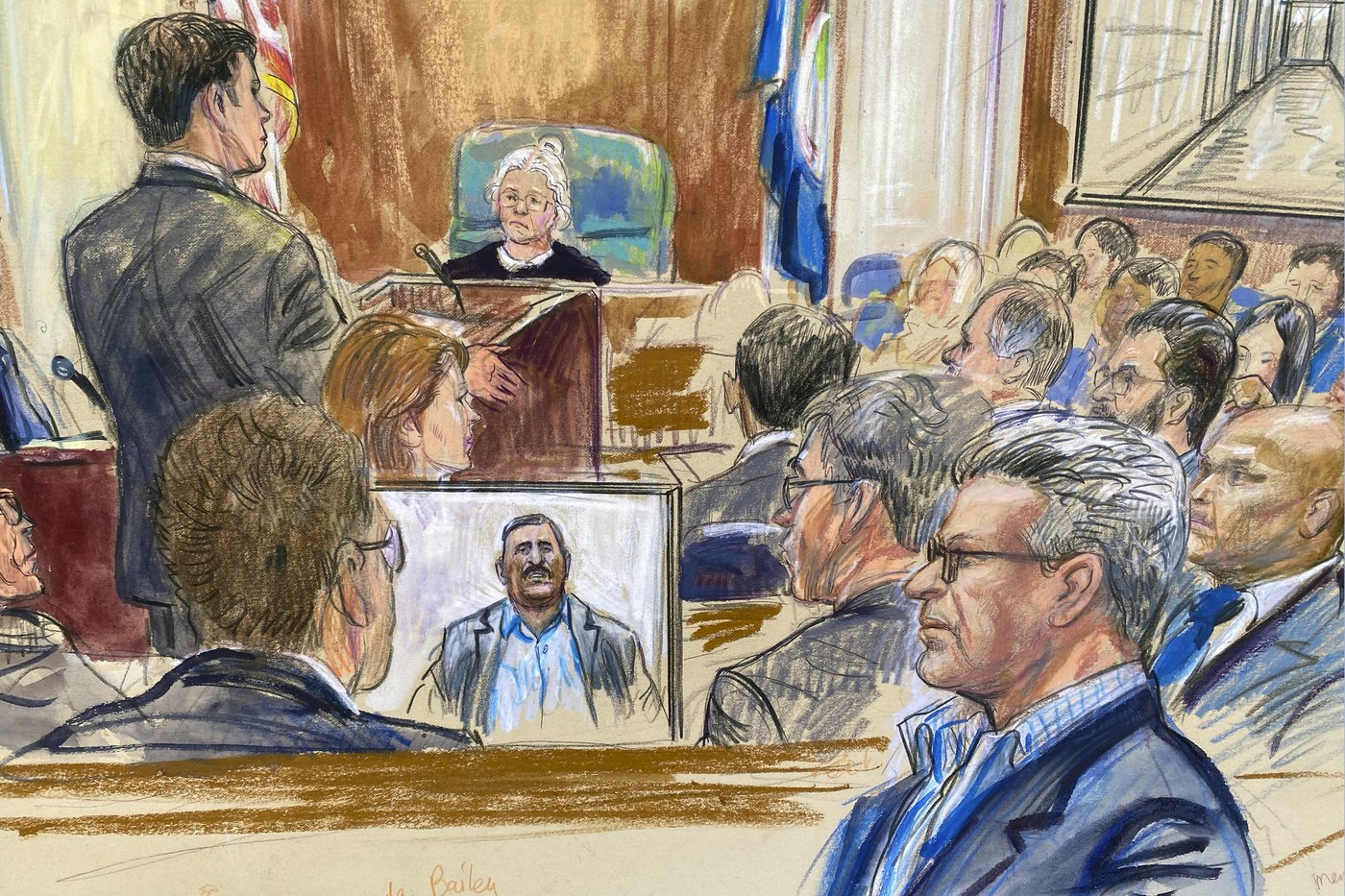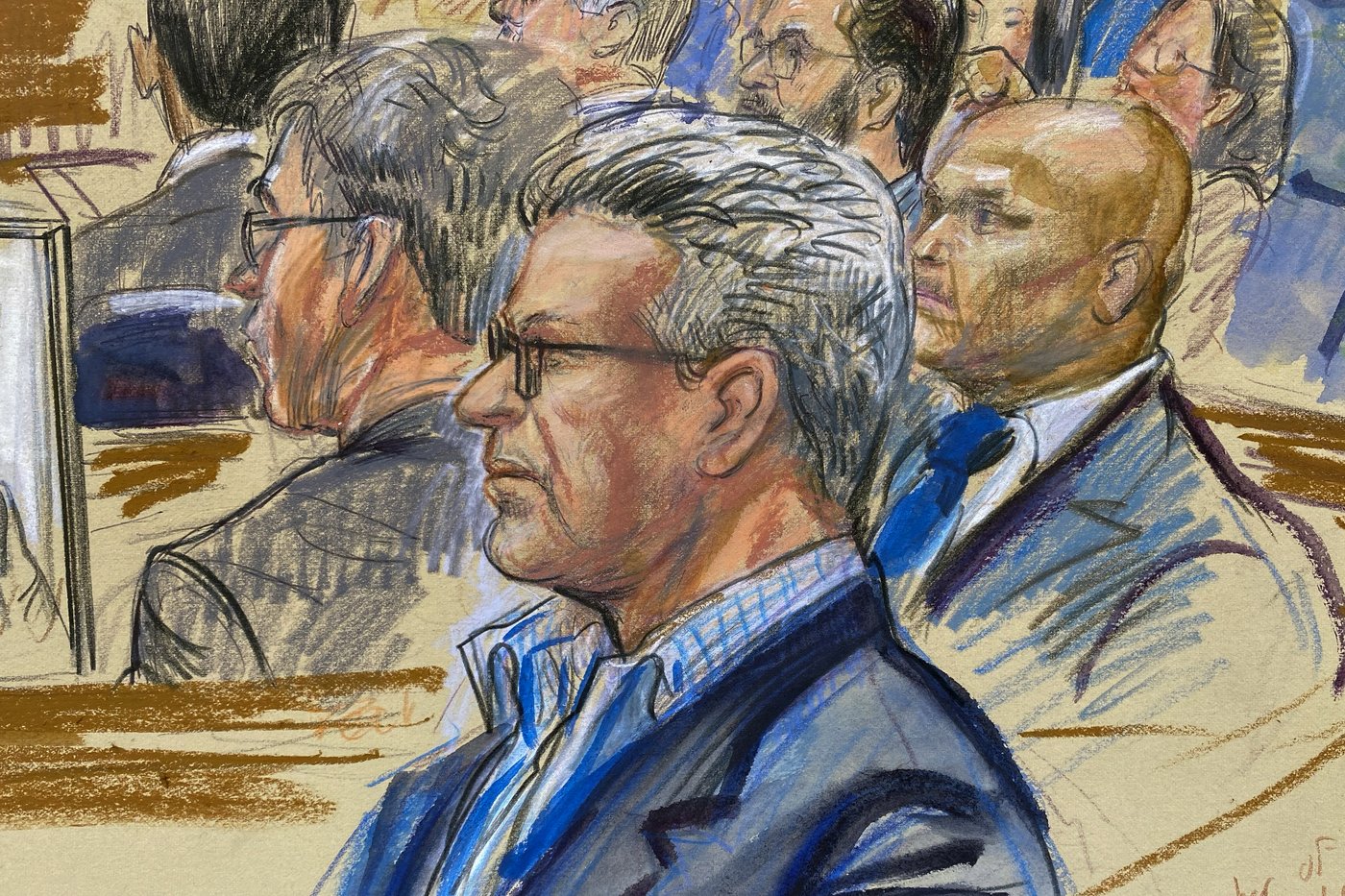Elevate your local knowledge
Sign up for the iNFOnews newsletter today!
Sign up for the iNFOnews newsletter today!
Selecting your primary region ensures you get the stories that matter to you first.

RICHMOND, Va. (AP) — Appellate judges heard arguments Tuesday in an appeal brought by a U.S. military contractor ordered to pay $42 million for contributing to the torture of three former detainees at Iraq’s Abu Ghraib prison, with judges questioning the accuracy of some legal filings by the contractor.
The three-judge panel in the 4th Circuit Court of Appeals heard arguments and questioned attorneys for Reston, Virginia-based CACI for nearly an hour Tuesday in the appeal challenging the outcome of last year’s civil lawsuit. The judges did not immediately issue a ruling. It’s not clear when an opinion could come.
The appeal centers on CACI challenging the lower court’s jurisdiction.
Attorneys for the plaintiffs, Suhail Al Shimari, Salah Al-Ejaili and Asa’ad Al-Zubae, argued the case was fairly litigated at the district court level.
The hearing delved deeply into legal details and didn’t get into the specifics that came up during last year’s trial, in which the plaintiffs testified they were subjected to beatings, sexual abuse, forced nudity and other cruel treatment at the prison during the U.S. occupation of Iraq.
Appellate Judge Stephanie Thacker questioned citations in CACI’s filings, highlighting one about non federal tort litigation that she said was inaccurately put in quotes.
“There are a number of citations in your briefing that don’t appear to be accurate,” the judge said.
The judge said the court would follow up with what the inaccuracies were and give attorneys a chance to address them.
“I appreciate that,” CACI’s attorney responded.
A jury awarded each of the plaintiffs in the original case $3 million in compensatory damages and $11 million each in punitive damages.
The three did not allege that CACI’s interrogators explicitly inflicted the abuse themselves, but argued CACI was complicit because its interrogators conspired with military police to “soften up” detainees for questioning with harsh treatment.
CACI supplied the interrogators who worked at the prison. It has denied any wrongdoing and has emphasized throughout 17 years of litigation that its employees are not alleged to have inflicted any abuse on the plaintiffs in the case.
The company has argued it wasn’t complicit in the detainees’ abuse and said its employees had minimal interaction with the three plaintiffs.
Fundamentally, CACI argued that any liability for the plaintiffs’ mistreatment belonged to the government.
Photos of the abuse released in 2004 showed naked prisoners stacked into pyramids or dragged by leashes. Photos included a soldier smiling and giving a thumbs-up while posing next to a corpse, detainees being threatened with dogs, and a detainee hooded and attached to electrical wires.
Military police seen in the photos smiling and laughing as they directed the abuse were convicted in military courts-martial. But none of the civilian interrogators from CACI ever faced criminal charges, even though military investigations concluded that several CACI interrogators had engaged in wrongdoing.
Last year’s civil trial and subsequent retrial were the first time a U.S. jury heard claims brought by Abu Ghraib detainees in the 20 years since the photos shocked the world.
None of the three plaintiffs were in any of photos, but they described treatment very similar to what was depicted.
The $42 million they were awarded fully matches the amount sought. It’s more than the $31 million the plaintiffs said CACI was paid to supply interrogators to Abu Ghraib.

This site is protected by reCAPTCHA and the Google Privacy Policy and Terms of Service apply.
Want to share your thoughts, add context, or connect with others in your community?
You must be logged in to post a comment.